Saima Wazed, WHO's Regional Director for Southeast Asia, delivered remarks at the Regional Consultation on WHO South-East Asia Priority Program Initiative in New Delhi, marking a significant milestone in her inaugural year of leadership.
Wazed's address followed the completion of her first quarter in office, a period she described as filled with learning and fruitful interactions with Member States and the WHO team.
During the consultation, Wazed emphasized the necessity of crafting a roadmap for the Priority Programs to steer the strategic direction throughout her tenure.
These programs, developed with input from Member States, aim to tackle key health challenges across the region and yield benefits spanning generations and borders.
Wazed outlined her vision for the region, advocating for a comprehensive approach to health and well-being. She highlighted the importance of prioritizing the health of women, children, and marginalized groups, including persons with disabilities, while aiming for universal health coverage within primary health care.
The WHO regional director underscored the importance of forging robust partnerships and collaborations transcending traditional health system boundaries to address health determinants outside these systems.
She emphasized that WHO's technical leadership, drawn from an extensive network of health professionals, could enrich collaborations with a broader range of partners.
The consultation will delve into both technical and non-technical aspects crucial for promoting health and well-being in the region. Wazed called for active engagement and ownership from countries regarding the regional Priority Program Initiatives as a strategic approach to achieving these goals.
Participants are expected to contribute to the draft strategic framework, known as the Regional Roadmap for Results and Resilience. This roadmap aims to drive results, foster resilience, and enhance the health and well-being of communities across the region, in alignment with the WHO 14th General Program of Work. The framework supports accelerated progress towards SDG3 through five key action points: Promote, Provide, Protect, Power, and Perform.
In urging collective effort, Wazed emphasized, "The roadmap for these programs is now in your hands. I urge all of you to take ownership of it. This is not my roadmap - it is ours. Please give it the best of your intuition, experience, and expertise."
As the region grapples with various public health challenges, Wazed's call to action sets a promising tone for strategic health advancements propelled by local solutions and collaborative endeavors across South-East Asia.



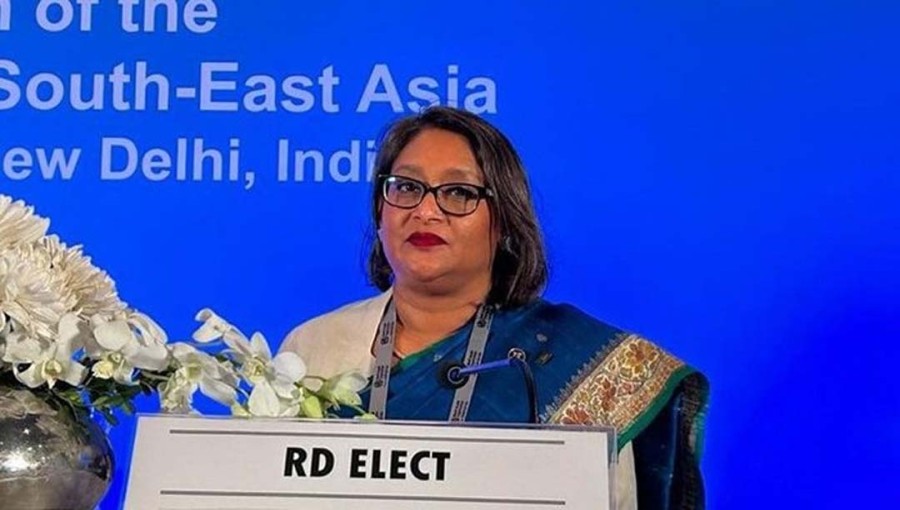
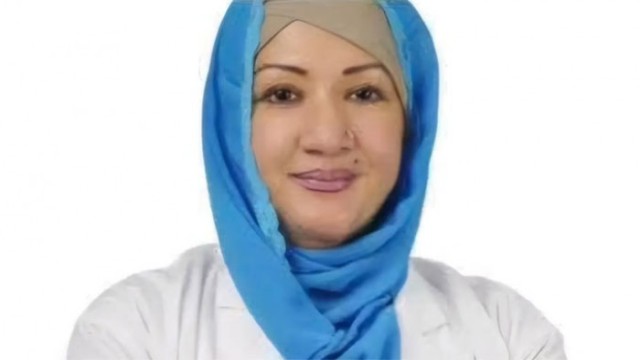
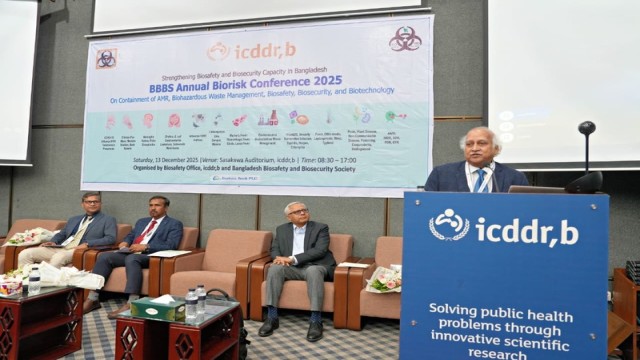
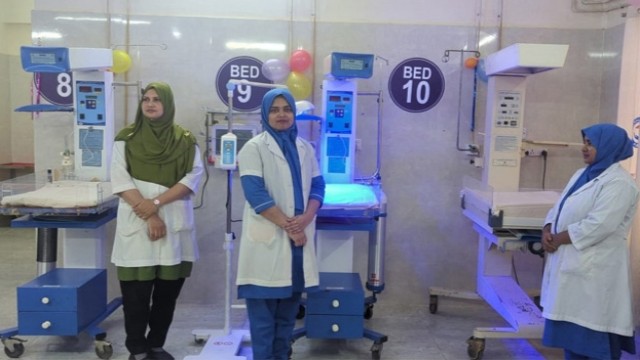
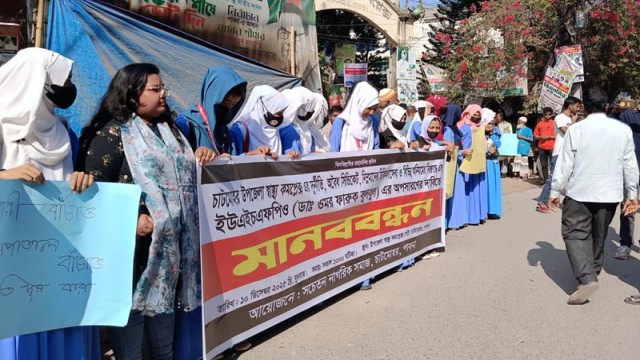
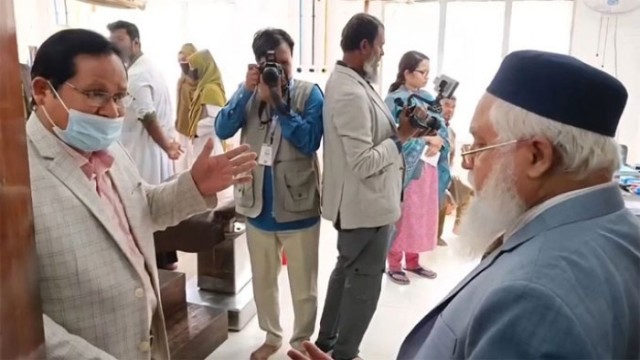
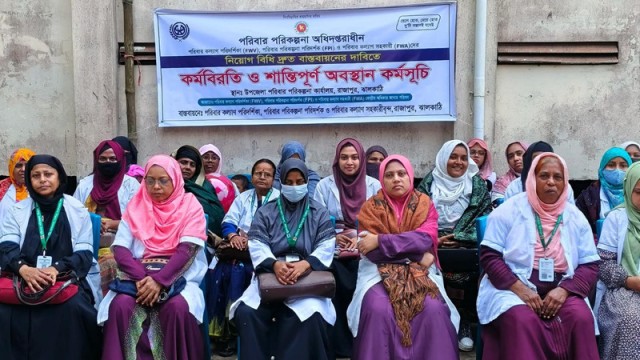

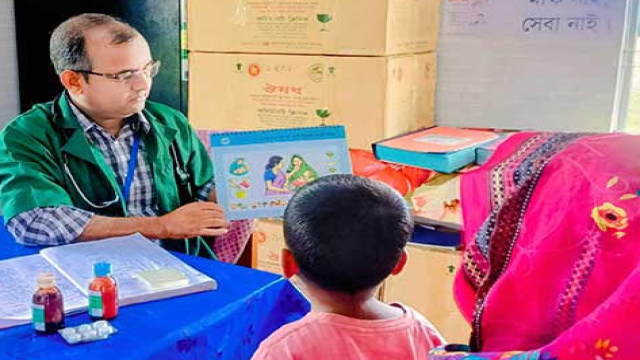



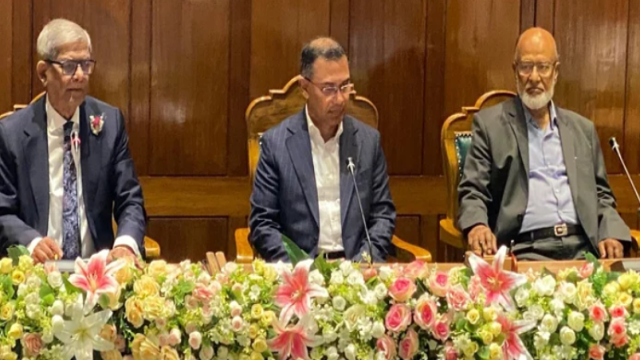

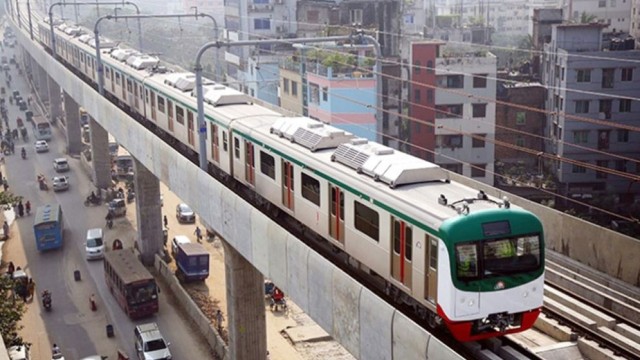

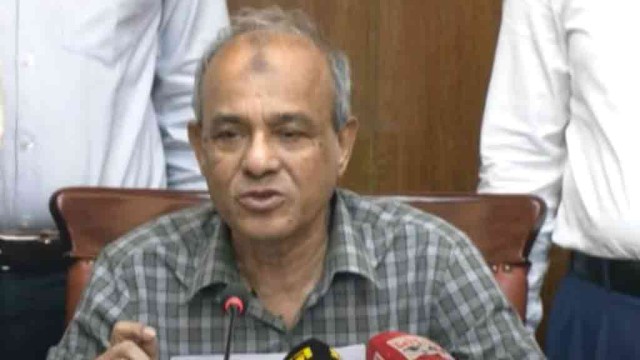











Comment: